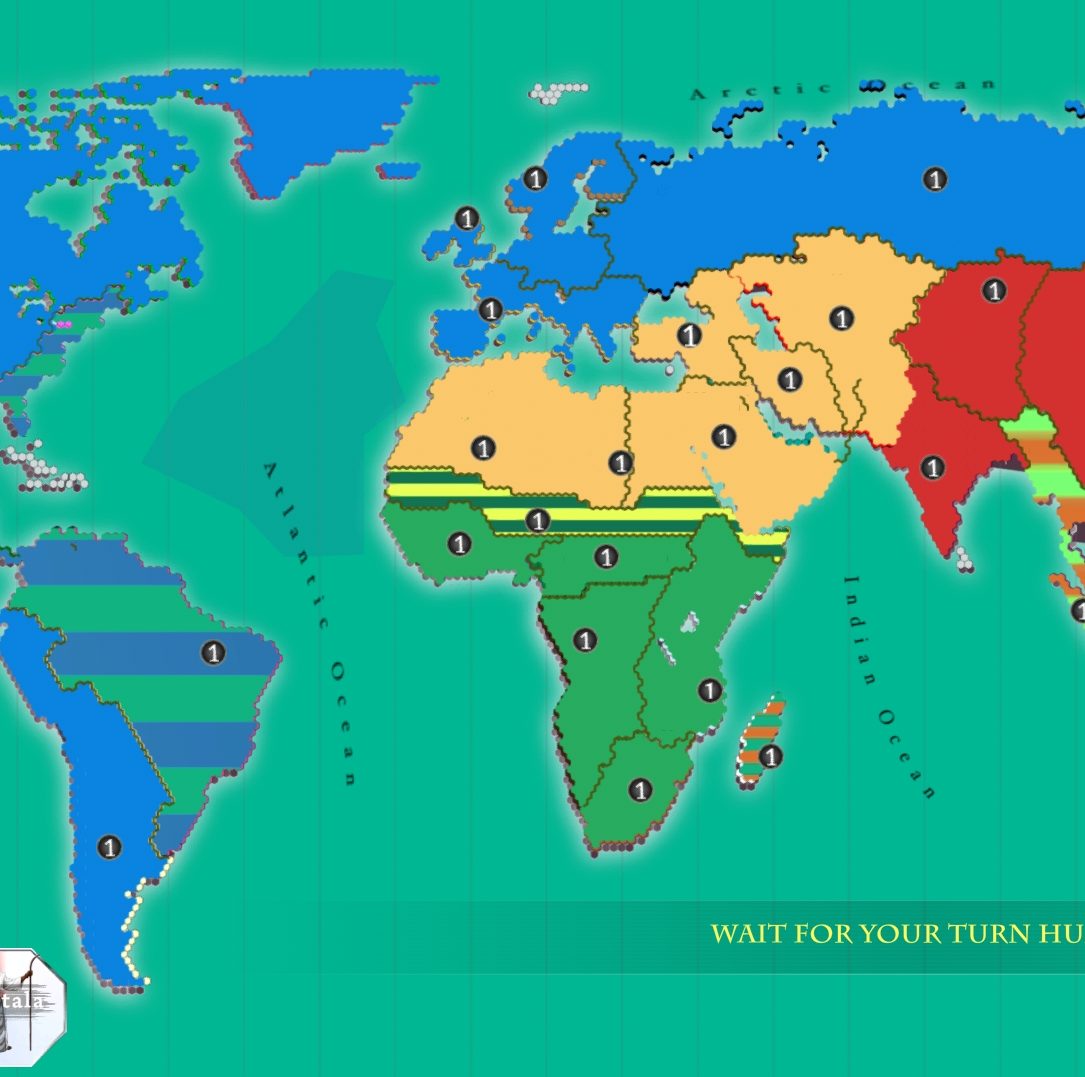
HRM Eze Chukwuemeka Eri, Eze Eri Kingdom
Eri is the progenitor of Igbos, who descended from the sky, like progenitors of other Volta Niger ethnolinguistic groups, the world’s first family. Igbos are one of the oldest and of the two most populous Original African groups, speakers of the Niger Congo languages, the continuum of dialects that spread from Nigeria to Gambia and South Africa.
From linguistics and genetic anthropology, the Volta-Niger subfamily of the Niger Congo ethnolinguistic family is the oldest ethnolinguistic family. The group comprises of Yoruba, Igbo, Igala, Idoma and Nupiod languages who evolved and dispersed from the Southern Nigeria coast. Not only the source of humanity but that of civilization, as together they developed the world’s first knowledge bank and religion known as Ifa-Afa-Iha-Eha-Fa etc
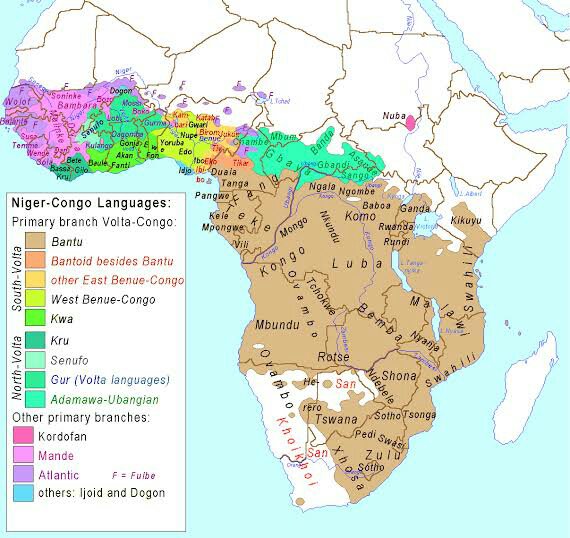
Contrary to the colonial cultural miseducation that tied Ndigbo history to Jews, the Igbos have existed tens of thousands of years before the creation of Jews less than 8000 years ago. Instead of trying to justify their existence through religious books, Igbo oral history bears witness of the creation of humanity which is long before writing was created.
Like the ancient but living Agufe Trees that share the same roots, Igbos, Yorubas, Igala and Ijaw had existed as a single group on the Nigeria coast before dispersing with the Original African language and information Retrieval system known as Afa/Ifa.
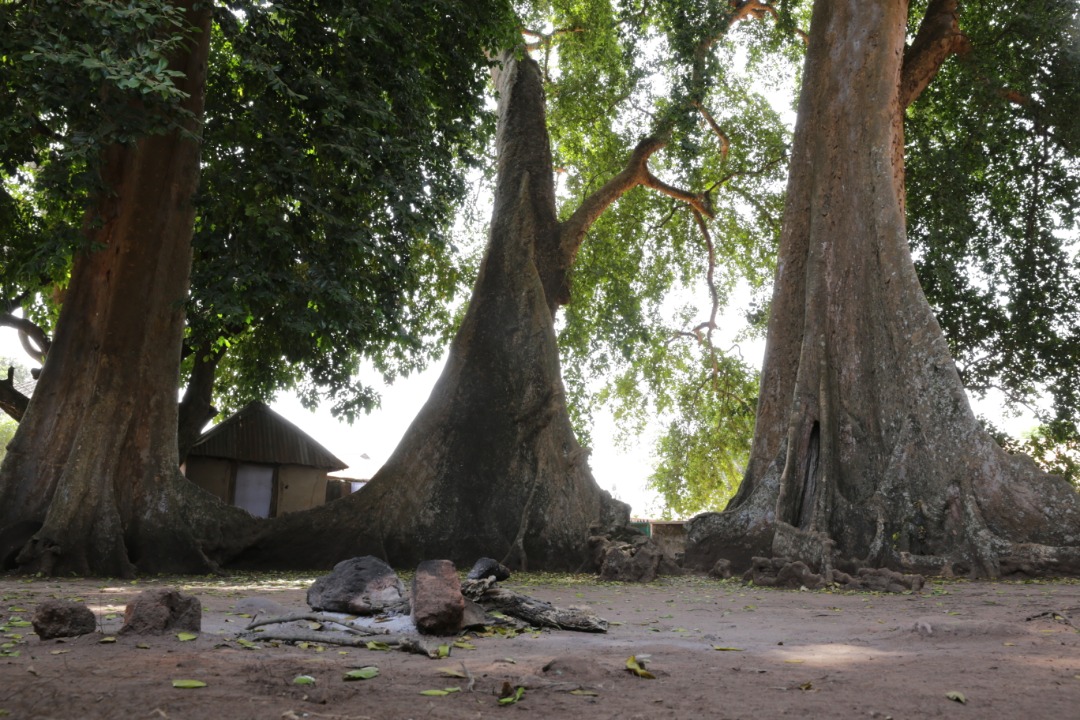
Agufe trees, the grave site of the second Eri, are over two thousand years old.
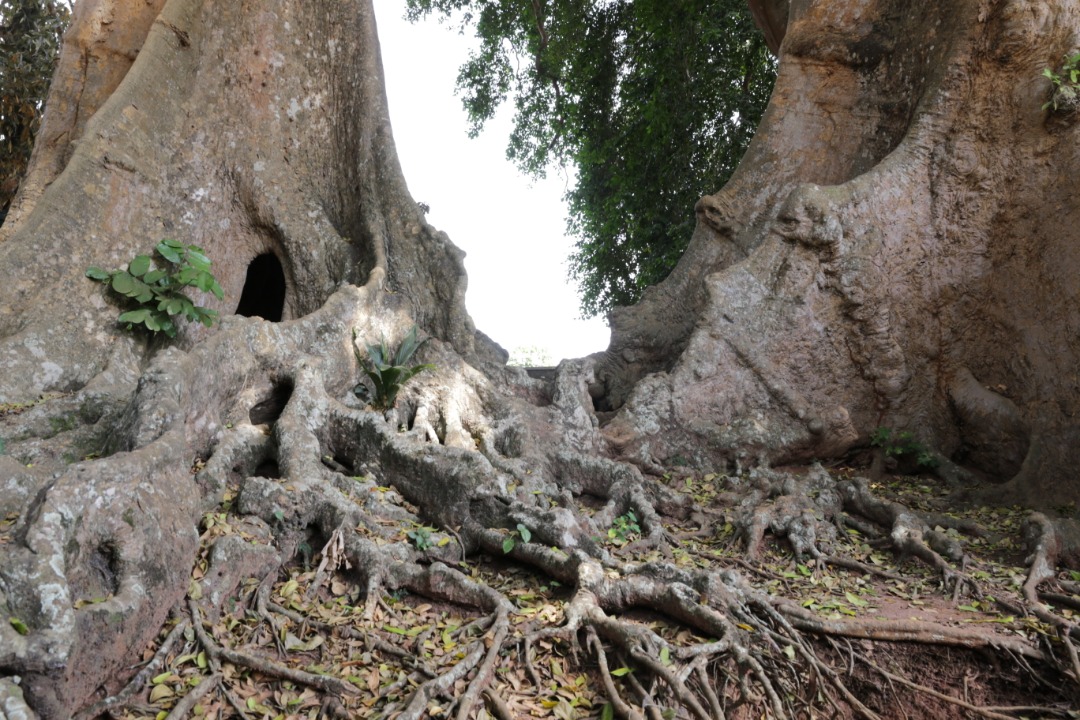
According to Igbo oral history, Eri was the father of all humanity, created in swamp and whose first food was Yam and palm oil. This tarries with natural sciences that purports that Man had to evolve in a swampy environment that would have had both freshwater and salt water, to provide the salts necessary in our physiological development.
A 2013 study in Kyoto University proves the ‘Wild Yam Question’ that purported that the first humans survived on picking wild Yams – H. Yasouka 2013. The Volta-Niger ethnolinguistic subfamily culture and festivals are tied around Yam festivals.
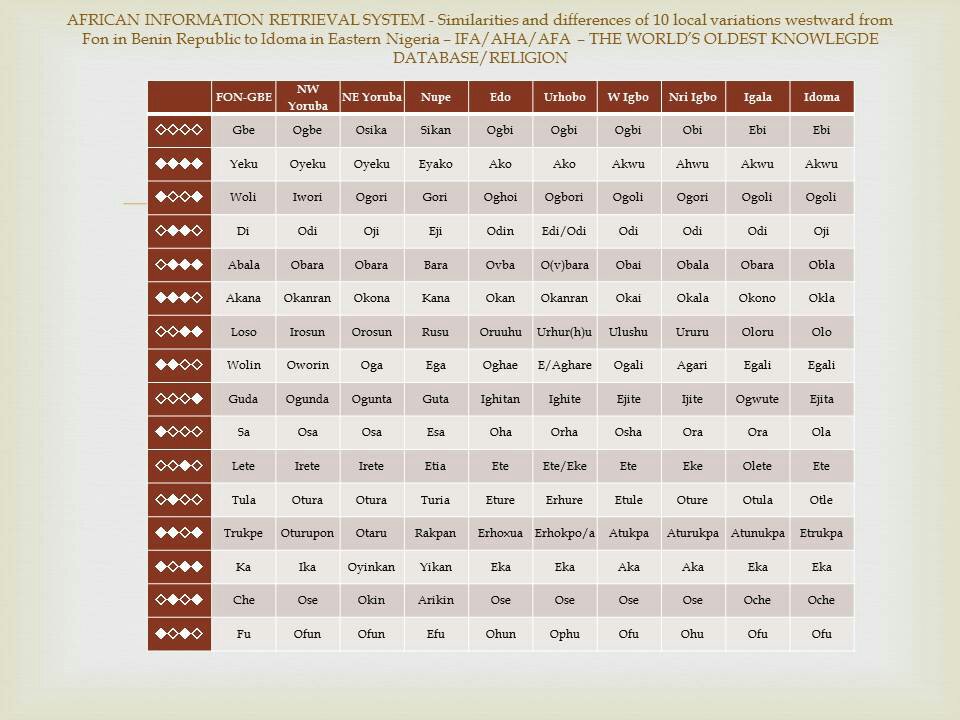
The sixteen sector Original African Information Retrieval system shared by all Original African groups in Nigeria holds all history, science and values which make up the cultural identity of the people and shows the slight linguistic divergence between them. Igbos shared a huge vocabulary of words with Yorubas, Igala and Ijaws, as well as similar creation myths and cultural concepts like Alusi/Agbara known as Orishas to Yorubas. The name Agbara for Igbo spirits means strength in Yoruba.
In addition to similar creation myths of a progenitor from the sky that made the morass of swamps turn into land, Igbos Eri in Yoruba means witness, testimony or testament. A concept attributed to Yoruba, Orunmila, the Eleripin, the one who witnessed the divergence of humanity and the development of Ifa, the tool of advanced social organization. Oduduwa, the progenitor of Yorubas, translates in Igbo into the spiritual leader of the world.

At the beginning of both oral stories is the first and powerful female spiritual entity known as Ala, mother of Earth in Igbo, correspond to Osun in Yoruba. Ala denotes land in Igbo, Yoruba, Igala etc. The Igbos recognize Obatala as the king of Ala and have a similar spiritual entity tied to religion and writing with chalk. Igbo Ekwensu is similar to Yoruba Esu, wrongly equated to Satan that exists in no Original African culture.
In addition to Yams, which is widespread between Cross River in Nigeria and River Bandama in Ivory Coast, known as the Yam belt, Kolanut are at the core of Yoruba, Igbo, Igala and other Original African cultures in Nigeria, but mainly grown in Yoruba land.
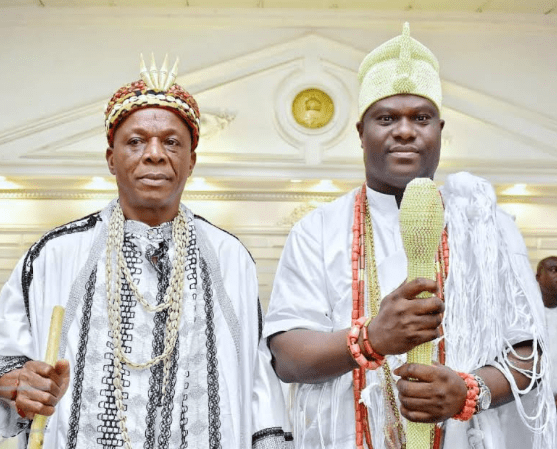
HRM Eze Chukwuemeka Eri, Eze Eri Kingdom and HRM Ooni of Ife, Oba Adeyeye Ogunwusi
The issue of where exactly was the point of evolution leads to heated debates of who is oldest and supremacy, but as Ooni of Ife and the Eze of Aguleri, the cultural leadership of the groups have stated, what is important is the realization that all Southern and Central Nigeria groups belong to the same family. Basically, there are only two cultural spheres in Nigeria and across Africa – Niger-Congo (Original Africans) and Afroasians.
Yorubas regard Ife Oodaye as the point of evolution which formerly existed on the coast. According to some Ijaw origin stories, Ijo was the first born of Oduduwa who set out from an ancient Ife Ooyelagbo, not the present Ile Ife, to fill the Niger Delta creeks, which is backed by linguistic evidence that Ijaws were the first group to diverge from the Original African mother tongue. The Obi of Ontisha also stated that Igbos had been resident in Ife at some point in time, which has been backed by Ooni of Ife that pointed to the specific locations and households.
Unfortunately tribal bickering has prevented the realization of the fact that they share common origins and identity required to establish an Original African cultural and sociopolitical platform to push their collective aspirations. Though genetic evidence shows that Yoruba, Igala and Igbo in a descending order of age, the information is not required within the family. The age between the world’s oldest groups is not of importance within the family and is only necessary to counter external misconceptions of the age and advances of Original Africans.

It is useful in establishing that Southern Nigeria and not South Africa is the true origin of humanity based on the identity of the oldest hunter gatherer, Pygmy group, and the oldest full stature Original African group. Since Khoisan has been established as the oldest Pygmies, the failure to establish the oldest Original African group, skews the conclusion towards South Africa. The Simons Genome Diversity Project established that Yoruba and San diverged 87,000yrs ago.Another academic justification is the necessity to articulate and propagate their shared Original African Information Retrieval system aka Ifa/Afa, which is more pronounced and retained by Yorubas that are more capable of defending it on the global stage.
Apart from these academic considerations on the global stage, the most salient point is that these groups are members of the world’s first family who bore witness, Eri, of the creation of humanity and civilization. Unfortunately, the failure to understand our cultural origins and linkages is at the root of why the Black Race is the most culturally, politically and economically disoriented and disenfranchised.
Asiatic and European imperialists have used this cultural disunity to divide and rule the Black Race. Starting over a thousand years ago, the Afroasians that took over the Lake Chad Original African Sao civilization, gained ground by misrepresenting, denigrating and debasing Original African culture and traditional institutions. This spread across Northern Nigeria to Daura and the Northwest region.
The coming of Europeans through the coast attacked the core of Original African cultural sphere in context and geographically. To drive a wedge in the Original African cultural sphere of South and Middlebelt Nigeria, the British cut it into 3 parts, the West and East regions while adding the third to the Afroasiatic Islamic Northern region. This led to the East and West bickering for relevance while the smaller groups added to the Northern Protectorate were disenfranchised by the larger Afroasiatic groups.
The political and economic arrested development of the Black African heartland built on the cultural disorientation of Original Africans can only be effectively challenged by the cultural unity of Igbos, Yoruba, Igala, Ijaws and other Original African groups. Unfortunately, the rhetoric has been to drive the Original African cultural leadership apart until recently when the cultural custodians took a proactive step to tell their own stories of common cultural origins and linkages.
